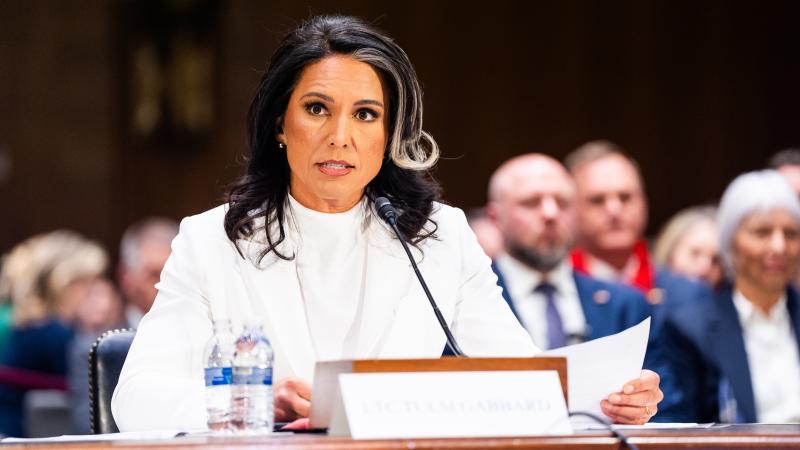Judicial Watch claims California pressured Big Tech to censor posts about the 2020 election
"These documents blow up the big lie that Big Tech censorship is 'private,'" group President Tom Fitton said.
Judicial Watch announced Tuesday that it received documents allegedly revealing how California pressured social media companies such as Facebook, Google and Twitter to remove certeain posts regarding the 2020 election.
The conservative watchdog group says it has received a 540-page document and a four-page supplementary document from the office of the Secretary of State of California, in response to a Public Records Act request filed in December 2020.
The documents found the Office of Election Cybersecurity in the California Secretary of State’s office monitored and tracked social media posts. The office decided whether the posts were misinformation, then stored them in an internal database. On 31 different occasions, the office requested posts be removed.
In 24 of those cases, social media companies agreed to either flag the posts for misinformation or take them down, said Jenna Dresner, a senior public information officer for the Office of Election Cybersecurity
"We don’t take down posts, that is not our role to play," Dresner said. "We alert potential sources of misinformation to the social media companies and we let them make that call based on community standards they created."
The document showed that on Sep. 24, 2020, California state officials contacted YouTube requesting the video-sharing platform remove a video by Judicial Watch President Tom Fitton.
The video was deleted three days later, though it is unclear if it was a coincidence or if there was collusion.
There are also multiple incidents in the documents showing officials requesting Facebook and Twitter remove posts for various misinformation reasons.
"These documents blow up the big lie that Big Tech censorship is 'private' – as the documents show collusion between a whole group of government officials in multiple states to suppress speech about election controversies," Fitton says.
















